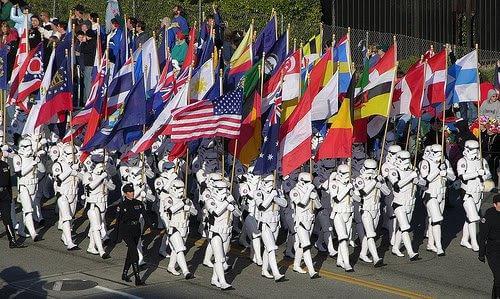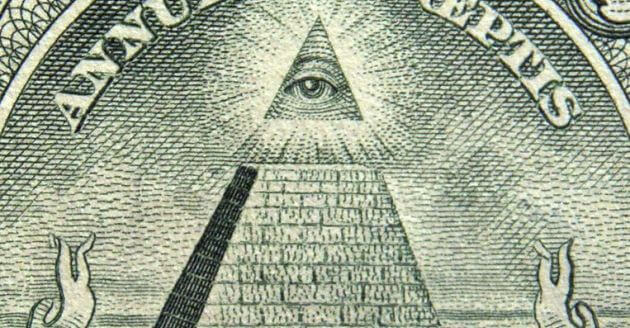COMMENT: In the first article covering the July 2013 Watchtower, study edition, you pose the question, “Why is it disingenuous to imply that Jesus and the first century disciples did not consider the temple to be a holy place?” I’ve asked a few people about this, and finally got an answer that really made a lot of sense. Someone told me that Jesus and his apostles considered Jerusalem and the temple to be holy up until 33 CE. Once Jesus died and the new covenant was enacted, Jerusalem was no longer considered holy. The Roman invasion did not occur until 66 CE, well after the temple stopped being the center of true worship for Jehovah’s people. So, when the Roman army invaded the temple, it really was, at that point, only holy in the eyes of the Jews.
Similarly, in modern times, a small group of Christians centered around Charles Taze Russell and his work grew and eventually became known as Jehovah’s Witnesses, Jehovah’s true worshippers. Up until that time, and more poignantly, up until the “refining” back in 1918, true Christians and false Christians were both “in Christendom.” Just as the disgusting thing did not stand in the “holy place” until well after the holy place stopped being the center of true worship in the first century (the Jewish temple), if that sets a pattern for modern times, then should we not also consider that the disgusting thing in modern time will not stand in a “holy place” until well after the place in which it stands stops being holy (namely, Christendom)? Now, maybe it is that you are thinking that the current incarnation of Jehovah’s organization will stop being holy in the eyes of Jehovah’s true worshipers prior to the disgusting thing standing in it, but in my mind, the line of reasoning presented above at least gives a little more credence to the GB’s interpretation of that particular prophecy.
RESPONSE: When it comes to the outworking of God’s purpose, which culminates during the conclusion of the system and the great tribulation, we should not suppose that prophecy can be defined by a single verse, such as Jesus’ remarks regarding the holy place being brought to desolation by a disgusting thing. To restrict our focus to one particular verse is similar to a Trinitarian that clings to John 1:1 (as it is translated in most popular versions) as if there were nothing else in the book of John that reveals who Jesus was/is.
For example, when discussing the disgusting thing Jesus indicated that it would be in fulfillment of the prophecy of Daniel. And Jesus advised the reader of Daniel to have discernment. So, any attempt to understand what Jesus meant has to take into consideration the prophecy of Daniel. And even according to the Watchtower the holy place, constant feature and sanctuary that are desolated by a king fierce in countenance applies to Christ’s congregation. Of course, the Watchtower has concocted a cockamamie story about how that was fulfilled back during World War Two. And many other similar prophecies have been tied to World War One.
But besides the artificiality of the Watchtower’s interpretations of Daniel, the Society’s reasoning regarding how the first century Christians regarded the Jewish temple is not sound or scripturally based. Sure, a new covenant came into force on 33 CE; however, even though that was the case for three and a half years following the beginning of Christianity God did not allow non-Jews (except proselytes) to become part of the new Israel. And as I have pointed out in numerous articles the apostles and original disciples centered their ministry around the Jewish temple. In fact, the account in Acts states that they were in the temple every day preaching Christ and praying. As a matter of fact, Peter performed a miraculous healing for a lame beggar on the steps of the temple. (Acts 3) Even years into the Christian era, even as many Gentiles were becoming Christians, Paul went to Jerusalem and ceremonially cleansed himself and went to the temple to demonstrate to the Jews that he was not preaching an apostasy from Moses. (Acts 21) So, it is simply not true that after 33 CE the Christians regarded the Jewish temple as something unholy.
Related articles: Let the Reader Use Discernment:
What is the Great Tribulation and the Holy Place?



